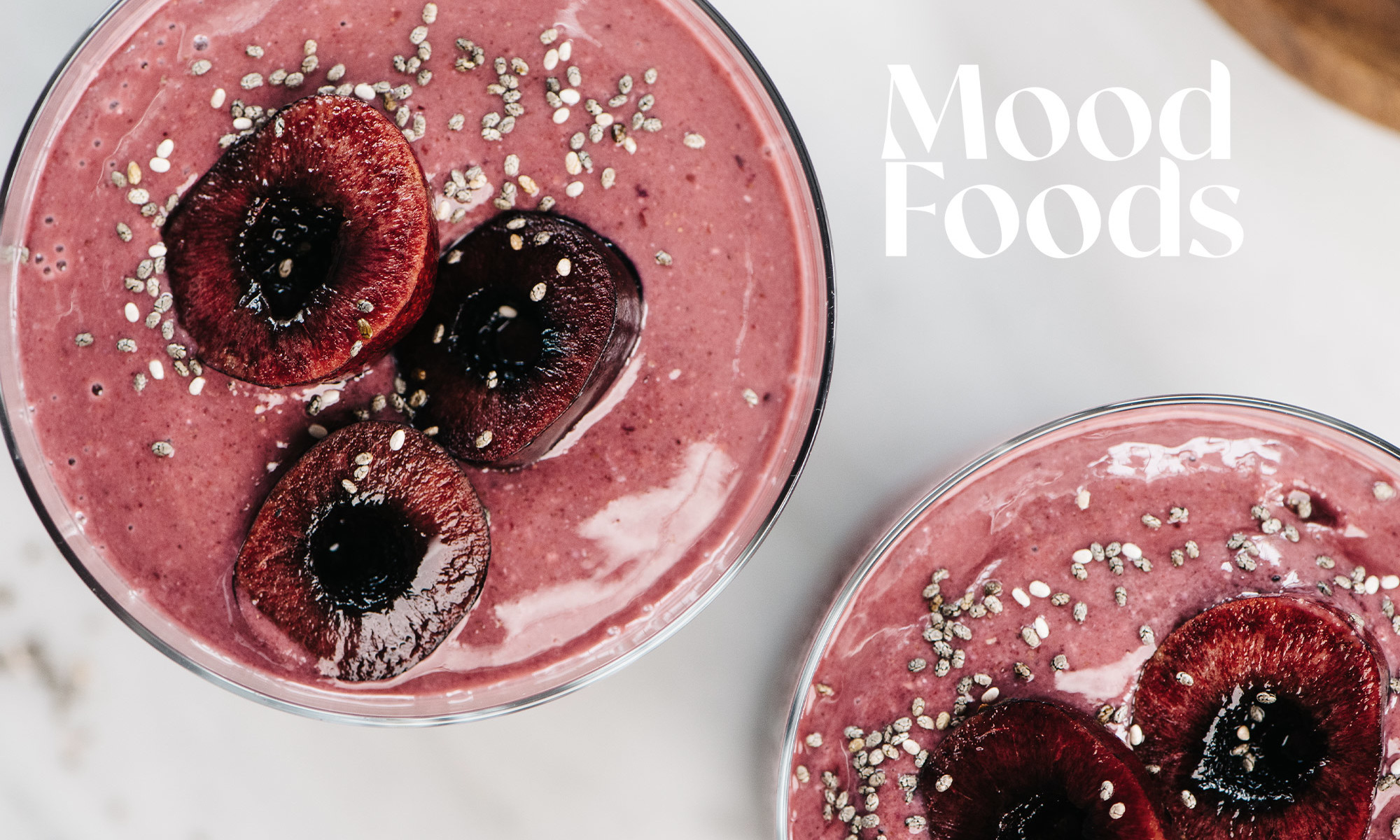3 ways work is 'sabotaging' your sleep, according to experts—and how to have a better night's rest
Poor sleep can also impact your work performance, leaving you “crankier and less productive,” Dr. Ilene Rosen tells CNBC Make It.

The average person will spend at least 20 years of their life asleep.
That's, of course, if you're getting enough sleep — which many of us aren't.
One in three people will grapple with a sleep disorder at some point in their lives, the American Sleep Association reports. And a bad night's sleep can have serious consequences over time: Sleep deprivation is associated with hypertension, cardiovascular disease and cognitive impairment, among other health issues.
There's a hidden culprit that's sabotaging our sleep, too: our jobs. "What you do during the day and at work can really affect how well you sleep at night, and how you feel waking up the next morning," Dr. Rachel Salas, a sleep medicine specialist and the assistant medical director at the Johns Hopkins Center for Sleep and Wellness, tells CNBC Make It.
Poor sleep can impact your work performance, too, leaving you "crankier and less productive," Dr. Ilene Rosen, an associate professor of medicine at the Hospital of the University of Pennsylvania who studies sleep, says.
Here are three ways our work lives are killing our sleep quality —and how to wake up happier and more refreshed instead, according to experts:
Drinking caffeine in the afternoon
Your late afternoon coffee (or tea) habit might help you push through a day of meetings and deadlines, but odds are, you'll be paying the price for it later.
Caffeine stimulates the body's central nervous system, keeping you awake and alert — and such effects can linger for four hours or longer, making it harder to wind down before bed, Dr. Phyllis Zee, the chief of sleep medicine and a professor of neurology at Northwestern University Feinberg School of Medicine, says.
Salas recommends cutting caffeine by 4.p.m., or noon, if you're more sensitive to its effects. Instead, replace your afternoon mug with a sparkling water, juice or other caffeine-free beverage; take a brisk walk outside; or stretch to perk up.
Logging longer hours
Sometimes, working overtime is unavoidable — but logging longer hours means less time spent on activities that will help you sleep, or doing them too late at night.
Exercising after dark, for example, "can sabotage your sleep," Rosen says. That's because cardiovascular exercise increases the core body temperature for one to two hours even after a workout, interrupting the body's natural process of "cooling off," which helps us fall asleep, she explains. Rosen suggests avoiding exercise within three hours of your bedtime.
The same rule applies to a late dinner or a post-work happy hour, as eating a big meal or drinking alcohol within two hours of bedtime can disrupt your sleep, Zee says.
Eating too close to bedtime can cause indigestion and acid reflux, while alcohol, although initially sedative, can stimulate the brain as it metabolizes, preventing you from falling into a deeper sleep and leaving you feeling groggy in the morning.
Working late can also cut into your bedtime routine — those habits, whether it's a hot shower or reading, are important as they signal to your brain that it's time for bed and help you fall asleep faster, Rosen points out.
To sleep better even after a late night of work, save your workout for the following morning or afternoon, and take a break for dinner at least two hours before bedtime.
'Catching up' on sleep over the weekend
The secret to a great night's sleep isn't how much sleep you're getting — it's the timing of your sleep schedule.
While it's possible to recover from acute sleep debt accrued during a busy work week by getting extra shut-eye on the weekends, if you do that regularly, "you're never really 'catching up,' you're just sleep-deprived," Salas says.
It can be challenging to stick to the same bedtime and wake-up time with an unpredictable work schedule, but the more consistent you are, "the more you're enhancing your sleep quality," Salas says.
You still want to aim for eight hours, and follow your body's circadian rhythm (its natural sleep-wake pattern) as closely as possible. You can find your circadian rhythm by observing your body's natural wake-up time, sans alarm, for a few days, and make 30-minute adjustments as needed.
Paying attention to how you're sleeping will not just help you wake up more refreshed, but it can help reduce anxiety, boost productivity and improve focus.
"Sleep is a basic human need, and a lot is at stake if we don't get enough of it: our cognition, our memory, our digestion." Salas says. "I can't think of one thing sleep isn't important for."
Check out:
You're drinking your coffee wrong—these 3 tricks can boost your productivity, experts say
3 inspirational books everyone should read this summer, according to life coaches
Experts predicted Covid would normalize the sick day. It's done the opposite
Sign up now: Get smarter about your money and career with our weekly newsletter

 MikeTyes
MikeTyes 
































